|
Dont Look Back and The War Room directors return with story of one man's uphill battle to safeguard sentient creatures
There may come a day when humans are regarded as a kind of invasive species that swept over the Earth, decimating everything in their path.
Elephants, cetaceans and fellow primates are among the many creatures that have suffered much from the indifference or outright cruelty of human beings, even if research would suggest they share with us a capacity for consciousness and complex societies. For decades attorney Steve Wise has been struggling to use the legal system to protect animals of all kinds, especially those now widely accepted as sentient beings. His battle, which some might describe as quixotic at best, is the subject of the new documentary Unlocking the Cage from celebrated filmmakers Chris Hegedus and D.A. "Penny" Pennebaker. I think he's going to be viewed as the George Washington crossing the Delaware at the beginning of something.
The film follows Wise's efforts to convince the New York State Supreme Court that two captive chimpanzees should be considered persons as defined by law -- not as "things" humans can do with as they please.
Unlocking the Cage debuted at the Sundance Film Festival last January. It's in the midst of a theatrical run, currently playing in Seattle, Portland, Oregon, and Winston-Salem, North Carolina, and will be screened at several film festivals over the summer. Full details here. HBO will air the film at a future date.
Nonfictionfilm.com spoke with Hegedus, 64, and Pennebaker, who turns 91 this week, in Los Angeles recently. Our conversation with the couple -- partners in filmmaking and life [they married in 1982] -- ranged from Unlocking the Cage to some of the seminal documentaries they've done in tandem or separately, including Dont Look Back, Monterey Pop,The War Room, Depeche Mode 101, and Moon Over Broadway.
Nonfictionfilm.com: Have you had a longstanding interest in animal rights or was this kind of a new issue for you? Chris Hegedus: It was new issue for us in the way that a lot of our films we jump into a different world -- somebody comes in the door and asks us if we would like to do a film about someone that they know and think would be a good subject -- for example, Dont Look Back with [Bob] Dylan happened that way. We loved animals and we were sitting there kind of mourning our dog that had just died... after 14 years. It seemed kind of zen that Steve [Wise] came in with this idea. We knew very little about the law but it seemed like a film that we could do in a certain way and it wasn't going to be traveling the world necessarily. It seemed doable. I mean in the end it was much more complex and lasted -- this is the fourth year now... The best thing about it was that Steve was about to begin [his most audacious legal challenge] and that's really where you want to be if you're doing a real life story. D.A. Pennebaker: You don't want to have to get somebody to tell you how it started. You want to be there when it started. That's the secret of a good documentary is you're there at the beginning.
NFF: Another secret to a good documentary is to find a good character and Steven is an interesting one. Despite the occasional ridicule and enormous legal hurdles he's faced it struck me that he's a happy warrior.
Pennebaker: He is a happy warrior, you're right. Hegedus: In some ways I wanted him to break down and be crying along the way, but he wasn't. He had done this battle for so long, before we met him it was 30 years he had been struggling to do this idea [assert the legal personhood of animals]. One of the first things he said to me was that when he used to go into court to try to protect some dog that had bitten somebody people used to bark at him... I don't think he ever expected to get this far when we began. I think a lot of circumstances in the world, driven by the internet and other things, really coalesced to kind of push the judges and the press and public to a different place than he even anticipated. Pennebaker: It's interesting to me that he's a really good writer. I don't think we've ever done a film about a writer because what are you gonna have him do, sit at a typewriter? The fact that he's a good writer gave me an insight into what an interesting person he must be, because writing is hard.
NFF: Have you received any pushback on the issue of animal rights -- people accusing you of anthropomorphizing, assigning human characteristics to creatures?
Pennebaker: Not much. [To Chris] Have you had much? I've had very little. I'm surprised. Hegedus: Obviously the judges use that as an excuse in some way. They said [to Steve], "They may have 99 percent [of our] DNA but the slippery slope is there. If you give it [rights], you give it to the other you'll take away our human rights. They use it as an excuse. I decided when Steve came to us about this film that the one thing that interested me the most was learning about how sentient and cognizant these particular animals were that he was going to argue for -- elephants, great apes, cetaceans. So that part of the journey was one I wanted to go on. And I wanted to show that he was asking for rights not because they [animals] were abused -- which they are, and that's part of it -- but because they deserve them because they're autonomous beings who have the capability to have some kind of rights. I mean their eyes just pierce you and you're just not the same anymore.
NFF: One would hope anyone staring into the eyes of these animals would have some recognition of some commonality.
Hegedus: Definitely. Filming Tommy or Merlin in the cage and them looking the same way -- I mean their eyes just pierce you and you're just not the same anymore. Because there's something about them you know in particular these animals should not be enslaved in that way.
NFF: Let's say Steve's legal argument eventually becomes ascendant, that animals are deemed entitled to the legal protections of personhood. Would that mean an end to medical research involving animals? If so, is that a good outcome?
Pennebaker: I think probably medical testing should be done on people if it's going to be done. Using animals instead of people sort of dodges the issue in some way. I think that probably won't go on any longer. We're used to pets who last about 10, 12, 13 years. And these animals live to 60, 70 years old so in a sense you're talking about another creature that has a life as long as yours. And I think whatever you make them face it should have that aspect of reach of time. Hegedus: I felt of course they shouldn't be experimented on. It's just awful. And the National Institutes of Health, during the process of making the film, made that decision as well. [Primatologist] Jane Goodall made a really powerful argument to them and they decided that the day has come. First they were going to keep 50 [chimps] in case we had some kind of human disease that we really needed to experiment on them with and then a year later they decided to release all of them. And I think they had about 800 chimpanzees that were used in National Institutes of Health research... That was kind of an old theory to experiment on chimpanzees. The consciousness has changed. NFF: Steve has been planting seeds and they're starting to germinate. Do you think his way of thinking will eventually become the mainstream? Pennebaker: Oh, I do. I think he's going to be viewed as the George Washington crossing the Delaware at the beginning of something... People are already starting to think that way. I mean I have the feeling that in a generation people will stop eating meat -- not because they don't like it but because it's just too expensive... There will be new diets and the diets won't incur on animal life. We'll begin to see animals the way we do our pets -- they're part of the culture somehow. Hegedus: I think that we'll really see them as kind of our companions on this planet. NFF: Co-habitants. Hegedus: Co-habitants. Pennebaker: Fellow citizens. Hegedus: I think Steve is taking a very specific [legal] path and a difficult path but I think it's necessary. Every time I think, "Oh, there's a lot more consciousness happening and it's going to change things or the welfare statutes and laws will take care of things" I realize they don't quite do enough unless you have a right [affirmed by courts].
NFF: After many decades of making films what gets you excited about making more? You could be putting up your feet up somewhere, relaxing with a mint julep.
Pennebaker: That's not us. Hegedus: No. It's curiosity, definitely. You have to be very curious about things and it's always an exciting adventure to go on these journeys with someone and it's a real privilege when somebody lets you into their life to follow them because it's for good and bad. They kind of start out liking you to be around when thing are going good and then when they're not so good it's a little bit harder... You have to slowly inch your way back into their lives when they don't want you around. It's fascinating and I guess it's kind of addictive to go on these [journeys], but we don't know what else to do. There's that other thing [laughs]. NFF: Do you maintain much contact with people you've done films on in the past? Pennebaker: It's one of those things like we were all in the championship season together and that prevails and you become bonded the rest of your lives. We don't necessarily hang out with them all the time but when we do meet them that's there. James [Carville, subject of The War Room] I'll call him up to find out what he thinks about [things]. Hegedus: We were in this hotel [Sunset Marquis] when we filmed Depeche Mode [for Depeche Mode 101] and after that we came back on a promotional thing [to the Sunset Marquis]. And they're kind of a group that we don't see them that much but when we see them we have this very tight bond together because we went through this very unique experience.
NFF: One of the remarkable things about being at this hotel is that you can point to the photos on the wall and say, "Yeah, worked with him. Knew her." Dylan, Joplin, Hendrix.
Pennebaker: I knew Jimi when he came to New York and at one point he helped me do sound for a thing I was shooting with Janis [Joplin] and he ran an Agra [microphone] for me. So it's kind of surprising the connections you wouldn't expect. NFF: And of course you famously shot them for your documentary on the Monterey Pop concert in 1967. Pennebaker: We'd never done a film like that before. And the reason was you didn't have cameras that were portable and synchronous and we had just made five of them for various reasons. And so we were able to get on stage or backstage and film people and didn't have to set up tripods and lights and stuff. And that made a big difference in a thing like a big concert. Hegedus: To do the type of films we do it became apparent right away -- I think the model was based on the films that Penny did with [Richard] Leacock [and Robert] Drew and everyone of having just a very small team so that you could jump into the car with them or do something else, which really meant you had to know how to use the equipment and use it in a way that didn't overpower whatever subject you were doing the film about.
NFF: Nothing has been the same for nonfiction storytelling since the introduction of portable equipment and sound-synching.
Pennebaker: There were a lot of people involved in the origins of that. Many people I knew. Hegedus: It certainly changed my life when I first saw those films because I had no idea that a woman could make a film period, or definitely not a feature film. And to see those films -- and I had been working as a camera person -- it just was like, "Oh, they're so much like feature films and you can do them yourself." That was an earth-shattering idea and concept that you could bring what was essentially the fiction film storytelling mode into real life in a way that was completely dramatic and subject-driven. NFF: One of the prime examples being Dont Look Back, Penny's film on Bob Dylan. Pennebaker: I [remember] taking Dont Look Back down to Cannes because Henri Langlois was going to arrange a special showing of it and I spent two days, I think, listening to all the people selling their films and I just left. I didn't show it. I wasn't in that business. I didn't know how to negotiate, much less make the thing work. Hegedus: We did go to Cannes [later]. Pennebaker: Well, we had Harvey [Weinstein] behind us. Hegedus: With Miramax with our film Only the Strong Survive. We stayed in a little condo. Our roommate was Sam Moore and his wife and it was really nice. And they're celebrities there. They appreciate old soul singers and jazz singers in ways that over here we've kind of forgotten about them.
NFF: I met [Broadway and film director] Tom Moore recently, one of the main subjects of your Moon Over Broadway documentary. [Editor's note: the documentary focuses on the 1995 production of Moon Over Buffalo, in which Moore directed Carol Burnett., marking her return to Broadway after a 30-year absence].
Hegedus: I admire Tom because when we did Moon Over Broadway it's an example of one of those films where it was hard on the character. I mean Tom got a lot of criticism and had a very difficult time with Carol Burnett. Pennebaker: She didn't like him. Hegedus: She was very unhappy in the play after a while because [playwright] Ken Ludwig really wrote the play for a different type of actress. Of course they wanted money, the producers, so they got Carol because she could bring in the crowds. But she was the opposite [of what the part called for] because if Carol Burnett is on stage you expect it to be a slapstick, funny something. NFF: Like she would take questions from the audience. Hegedus: Exactly. That's what she did. Pennebaker: She did that. Hegedus: What happens in the [doc] is the big night when all the critics and people come before it opens the stage machinery broke so the play had to stop. And so they brought out Carol to do her shtick and it was popular, more successful than the actual play. Pennebaker: She hadn't done it [theater] for a long time and there was a question, could she do it, and the critics were very hard on her. Hegedus: You'll have to see it because it's the quintessential dysfunctional theater family. NFF: I will! Well, I want to thank you -- I feel very fortunate to be able to speak with legends like you. Pennebaker: Well, we don't -- "legends" is a funny word. I think, "Who is he talking to?" You wake up just like everybody else and put your clothes on. Legendary is not our condition. Hegedus: Old fart is more like it [laughs] Pennebaker: Even our children don't think of us as legends, I'll tell you [laughs] |
AuthorMatthew Carey is a documentary filmmaker and journalist. His work has appeared on Deadline.com, CNN, CNN.com, TheWrap.com, NBCNews.com and in Documentary magazine. |
- Home
- News
- Videos
-
Galleries
- 2019 Tribeca Film Festival
- Full Frame Documentary Film Festival
- 2019 SXSW Film Festival
- SXSW 2018 Gallery
- 2019 Sundance Film Festival
- Outfest 2018 Photo Gallery
- Outfest 2017
- Sundance 2018 Photos
- 2017 LA Film Festival
- 2017 Cannes Film Festival
- Tribeca Film Festival 2017
- SXSW 2017 Gallery
- 2017 Berlin Film Festival
- Sundance 2017 Gallery
- 2016 Los Angeles Film Festival
- Cannes Film Festival 2016
- SXSW 2016 Gallery
- Berlinale 2016 Gallery
- Sundance 2016 Gallery
- Filmmaker Gallery
- About
- Contact
Proudly powered by Weebly
- Home
- News
- Videos
-
Galleries
- 2019 Tribeca Film Festival
- Full Frame Documentary Film Festival
- 2019 SXSW Film Festival
- SXSW 2018 Gallery
- 2019 Sundance Film Festival
- Outfest 2018 Photo Gallery
- Outfest 2017
- Sundance 2018 Photos
- 2017 LA Film Festival
- 2017 Cannes Film Festival
- Tribeca Film Festival 2017
- SXSW 2017 Gallery
- 2017 Berlin Film Festival
- Sundance 2017 Gallery
- 2016 Los Angeles Film Festival
- Cannes Film Festival 2016
- SXSW 2016 Gallery
- Berlinale 2016 Gallery
- Sundance 2016 Gallery
- Filmmaker Gallery
- About
- Contact

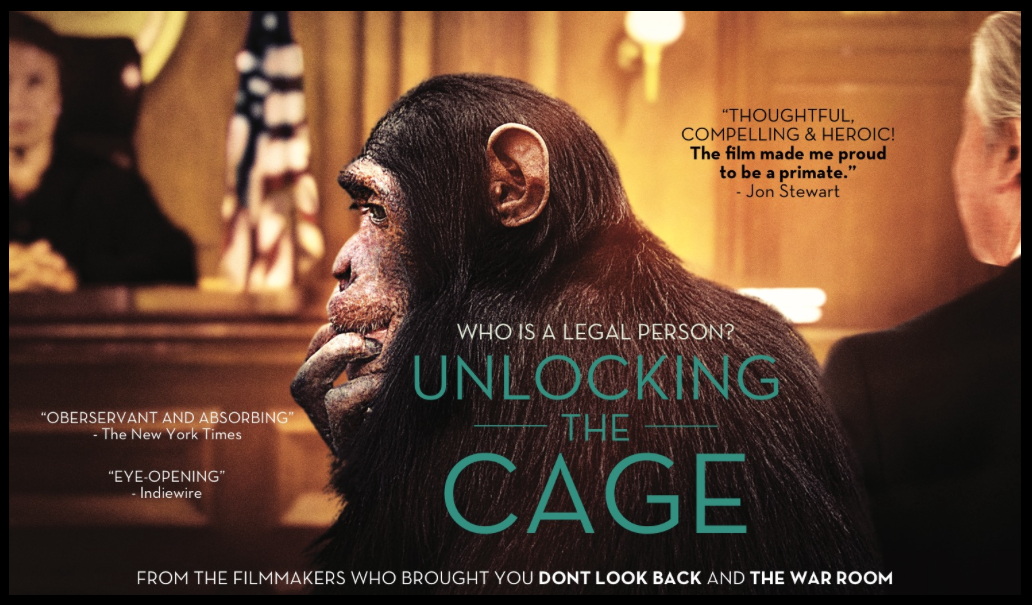
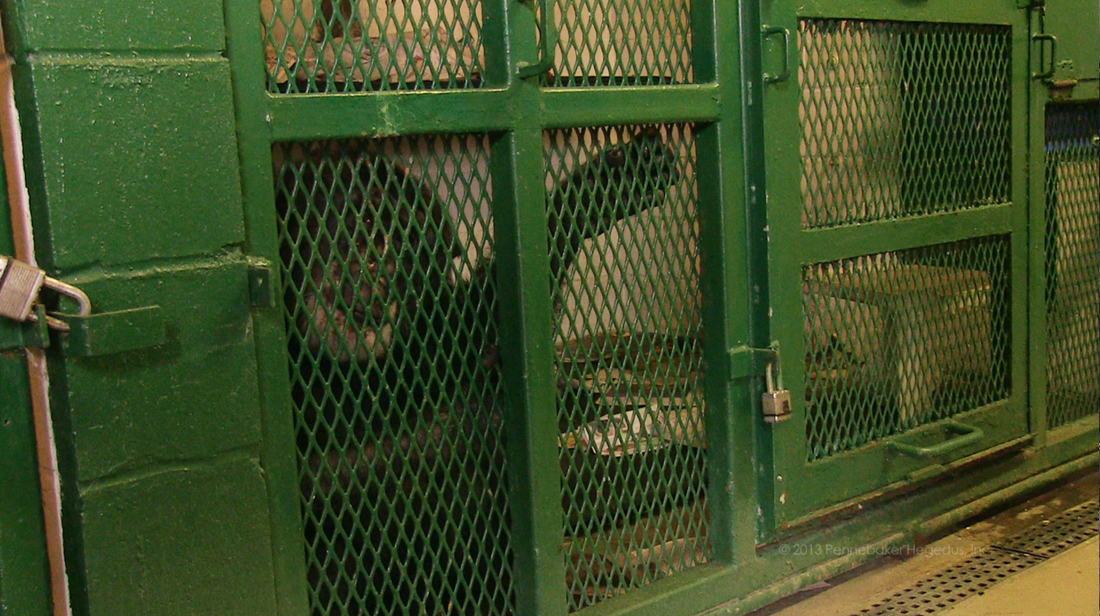
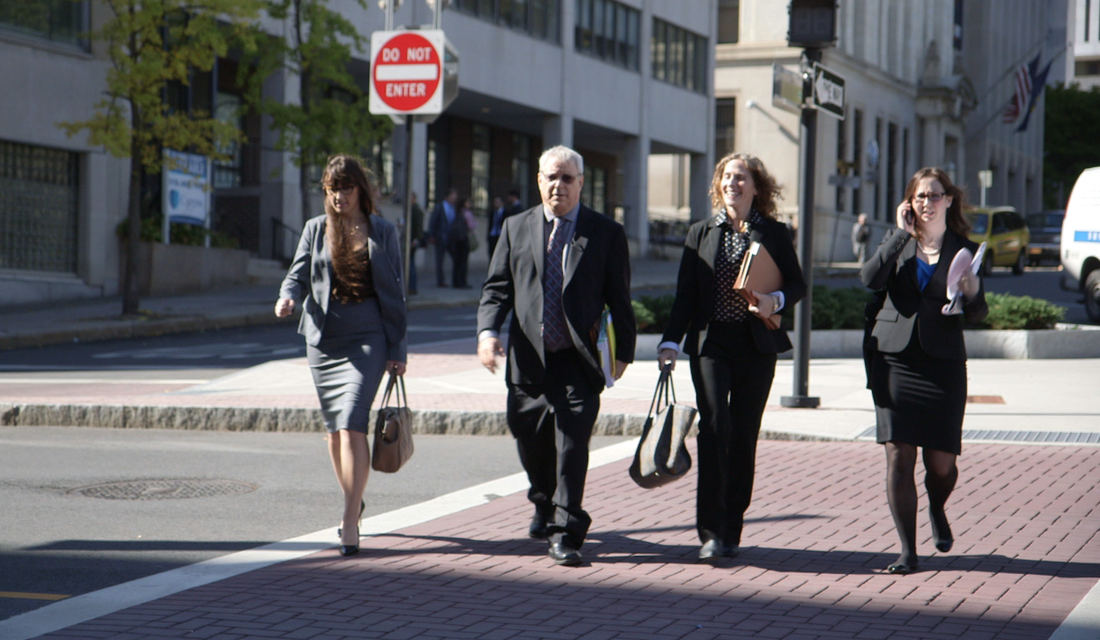
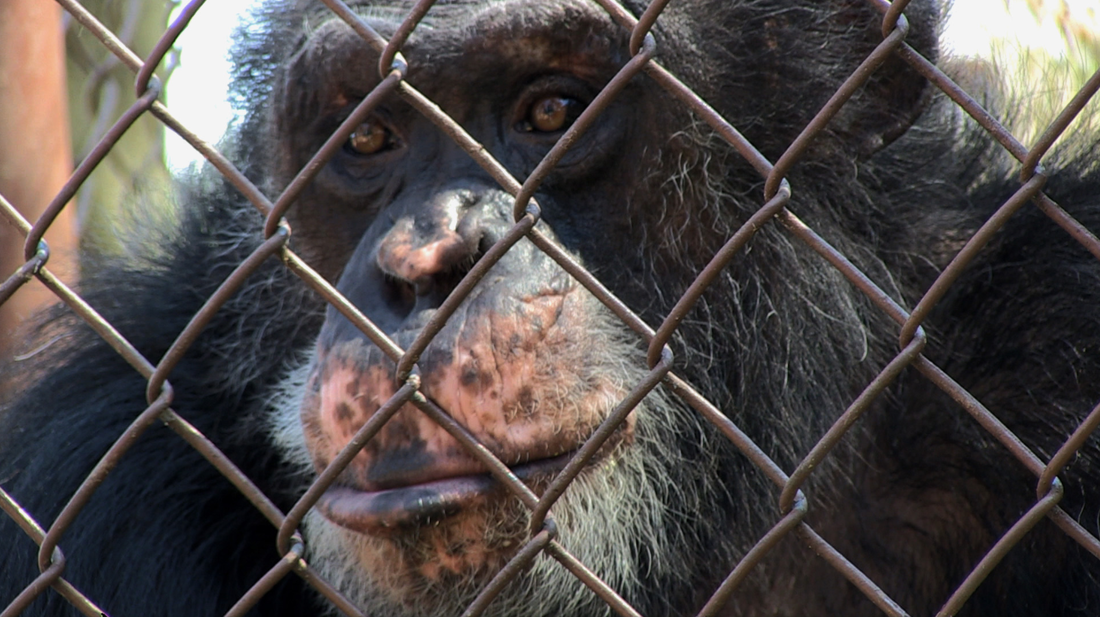
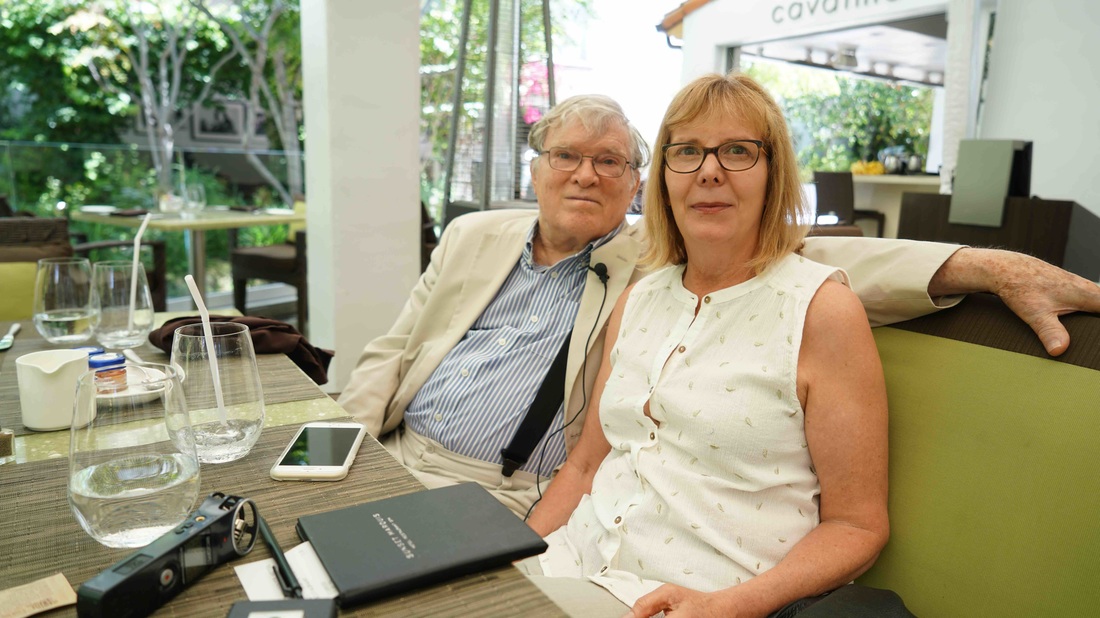
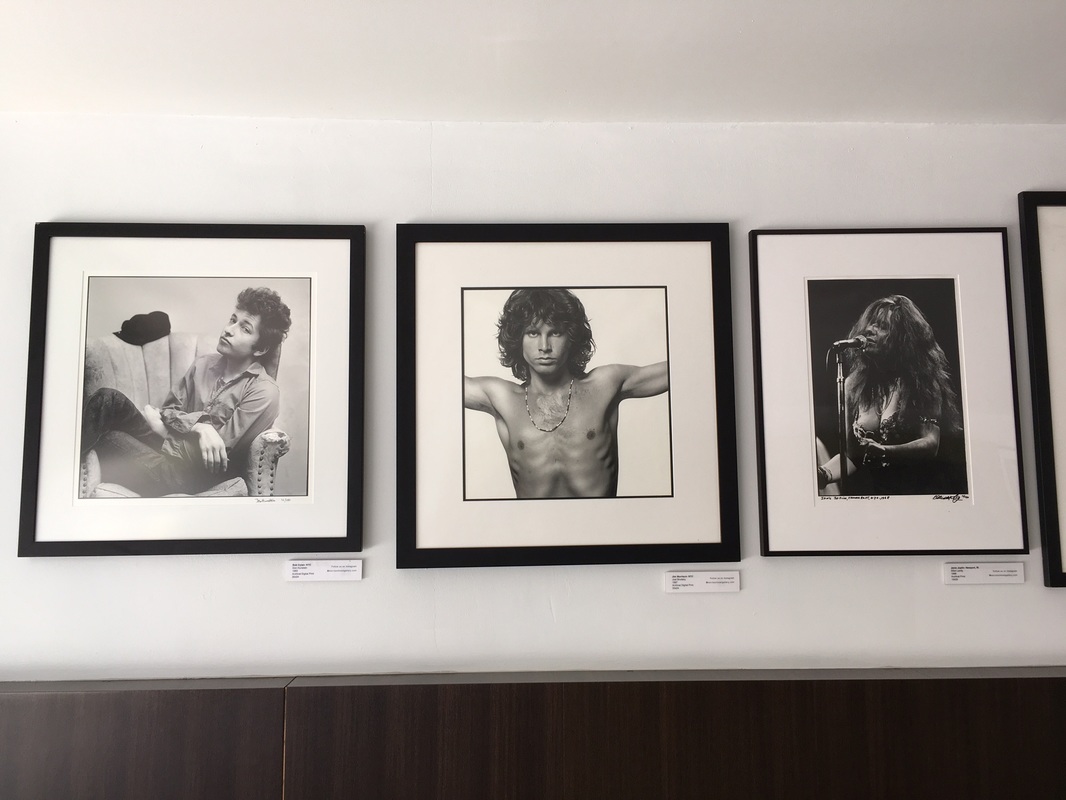
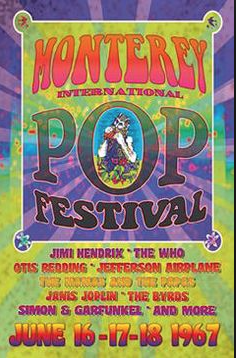
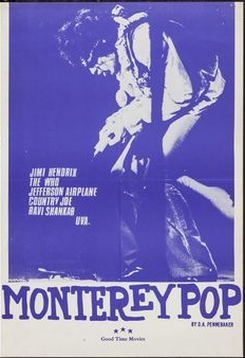
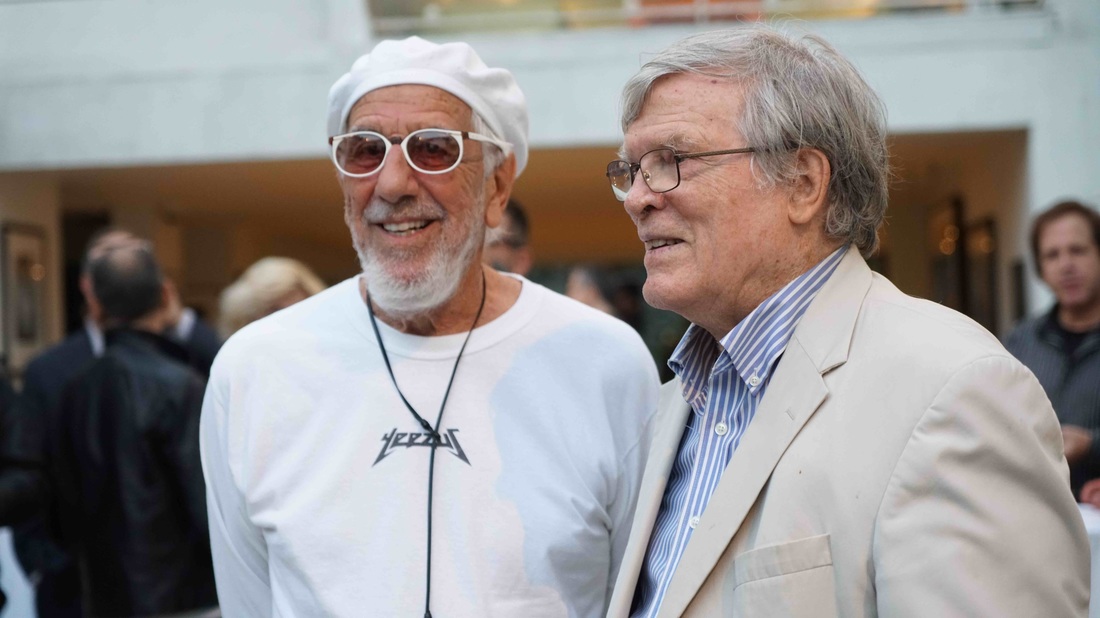
 RSS Feed
RSS Feed